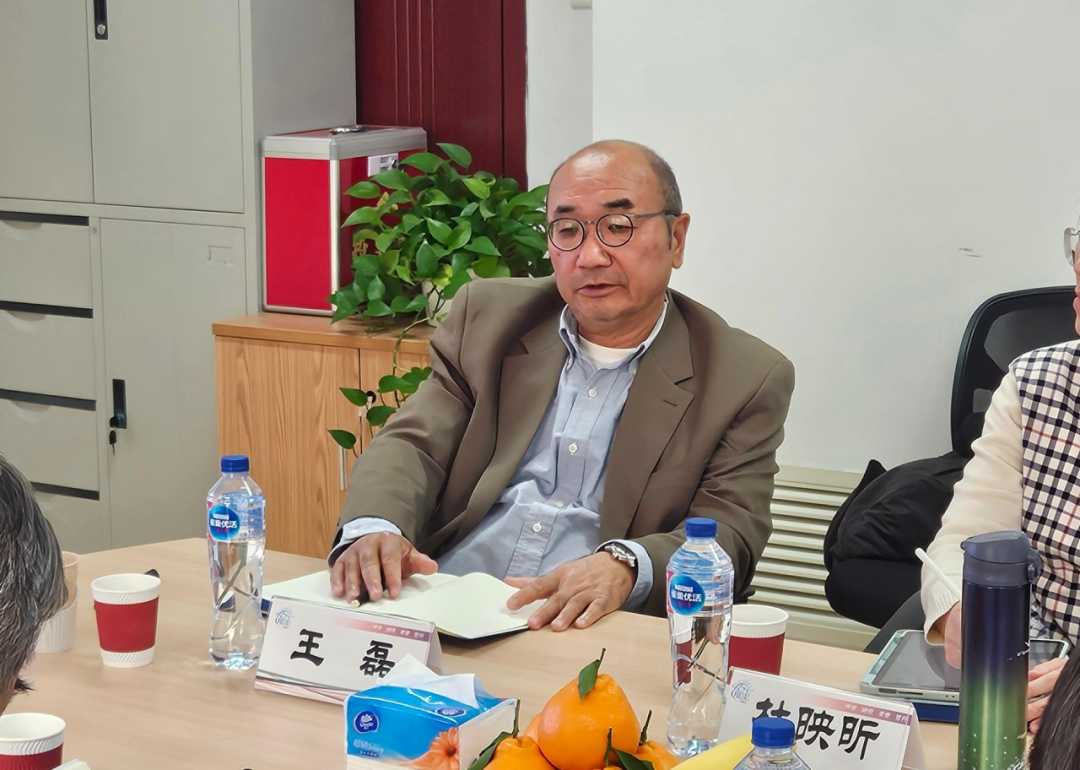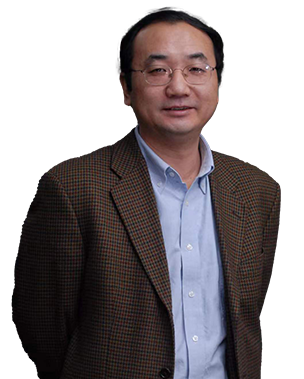Lawyer Wang Lei was invited to participate in the seminar on "Analyzing the so-called 'non market economy' issues in the WTO from a negotiation perspective" and give a speech
2025 03/12
On the afternoon of March 7th, a special seminar on "Analyzing the so-called 'non market economy' issues in the WTO from a negotiation perspective" was grandly held in Conference Room 517 of the Research Building of the University of International Business and Economics in a synchronous online and offline manner. This seminar is hosted by the China WTO Research Institute at the University of International Business and Economics, and co organized by the Global Economic and Trade Governance Research Network (NITIS), attracting numerous industry experts to participate. Lawyer Wang Lei, Director of Gaopeng Law Firm, was invited to attend the seminar as a keynote speaker.

At the beginning of the seminar, Tu Xinquan, Dean of the China WTO Research Institute at the University of International Business and Economics, served as the moderator to kick off the conference. Former Deputy Director General of the WTO, Yi Xiaozhun, delivered an opening speech, recalling his experience of witnessing some members using the name of "non market economy" to implement discriminatory measures against China during his work at the WTO. He emphasized the need to write relevant papers and explore this issue in order to clarify the real situation of China's economic system under the WTO system, and hoped that experts and scholars would speak freely around the paper.

Lawyer Wang Lei gave a deep interpretation of the article he co authored with Yi Xiaozhun, Hong Xiaodong, and Suo Bicheng and published in the International Economic Review at the seminar. He pointed out that the issue of "non market economy" within the WTO framework is actually a malicious distortion of China's economic development by individual members such as the United States for political purposes. Lawyer Wang Lei explained that the WTO itself has not provided a clear definition of market economy, but the United States and Europe are attempting to forcefully implant the "non market economy" standard in their domestic laws into the multilateral trading system, in order to construct unfair trade barriers against China. By carefully reviewing the arduous process of China's accession negotiations to the WTO, Lawyer Wang Lei stated that China had vigorously promoted economic system reform even before joining the WTO. The negotiation process of China's accession to the WTO for 15 years was a process in which WTO members understood, recognized, acknowledged, and accepted that China's socialist market economy system was consistent with the WTO multilateral trading system, and that China had the ability to fulfill WTO obligations and commitments under this system. He also compared and analyzed the historical acceptance of members from different economic systems in WTO/GATT, as well as the past of countries such as Poland, Romania, and Hungary joining GATT, further demonstrating that China's accession to the WTO is very different from the situation of these countries. China fully applies WTO rules and enjoys unconditional most favored nation treatment with all members in the WTO. Lawyer Wang Lei emphasized that the WTO is a manifestation of the common will of all member states, and the unilateral actions of the United States in the WTO to promote a "non market economy" against China are a return to Cold War thinking and an attempt to multilateralism discriminatory trade policies in its domestic laws to suppress China's rise.
Subsequently, Professor Zhao Hong from Peking University Law School, as well as Hong Xiaodong, former director of the China World Trade Organization Research Association and the World Trade Department of the Ministry of Commerce, respectively commented and analyzed Lawyer Wang Lei's research from a professional perspective. Many industry experts and scholars, including Lin Guijun, former Vice President of the University of International Business and Economics, and Professor Chen Weidong from the Law School of the University of International Business and Economics, actively spoke up and shared unique insights during the seminar. Attendees from both domestic and international sources actively participated in the discussion online.
The special seminar lasted for three hours and came to a successful conclusion. The in-depth discussions of experts and scholars have provided a more thorough theoretical and legal interpretation of the issue of "non market economy" under the WTO framework, and have also accumulated valuable experience and provided powerful references for China to respond to similar unfounded accusations on the international stage in the future.

On site seminar

Lawyer Wang Lei
Subsequently, Professor Zhao Hong from Peking University Law School, as well as Hong Xiaodong, former director of the China World Trade Organization Research Association and the World Trade Department of the Ministry of Commerce, respectively commented and analyzed Lawyer Wang Lei's research from a professional perspective. Many industry experts and scholars, including Lin Guijun, former Vice President of the University of International Business and Economics, and Professor Chen Weidong from the Law School of the University of International Business and Economics, actively spoke up and shared unique insights during the seminar. Attendees from both domestic and international sources actively participated in the discussion online.
The special seminar lasted for three hours and came to a successful conclusion. The in-depth discussions of experts and scholars have provided a more thorough theoretical and legal interpretation of the issue of "non market economy" under the WTO framework, and have also accumulated valuable experience and provided powerful references for China to respond to similar unfounded accusations on the international stage in the future.
Related recommendations
- Gaopeng Law Firm held a special seminar on "New Trends in Securities Crimes and Practical Defense Experience"
- Lawyer Xie Xiangyang and Lawyer Li Min from the Shanghai office have been awarded the titles of "Gold Medal Evaluation Expert" and "Gold Medal Mediator" by the Shanghai Financial Consumer Dispute Mediation Center
- The 149th issue of the book club, "Practical Operations of Capital Reduction in Private and State owned Enterprises," was successfully held
- Gaopeng Law Firm's 2024 Partner Year End Meeting Successfully Held



